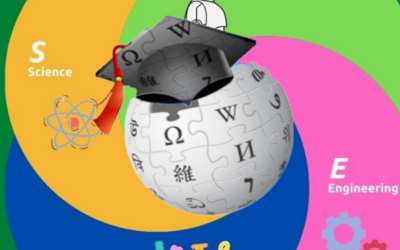1. What does STEM stand for?
STEM stands for Science, Technology, Engineering, and Mathematics.
2. Why is there an emphasis on STEM education in the U.S.?
STEM education is emphasized due to its importance in driving innovation, economic growth, and global competitiveness. STEM fields also offer numerous career opportunities and tend to have higher earning potentials.
3. What is a STEM-designated program?
A STEM-designated program refers to a higher education degree program that falls under specific categories within the fields of Science, Technology, Engineering, or Mathematics. The U.S. Department of Homeland Security (DHS) has a list of designated degree programs that qualify.
4. Why is a program’s STEM designation important for international students?
International students who graduate from a STEM-designated program in the U.S. are eligible for a 24-month extension of their Optional Practical Training (OPT), allowing them to work in the U.S. for up to three years after graduation.
5. How can I find out if a program is STEM-designated?
The U.S. Immigration and Customs Enforcement (ICE) provides an official list of STEM-designated degree programs. It’s recommended to check their website or consult with the academic institution offering the program.
6. Can a program become STEM-designated if it isn’t already?
Yes, educational institutions can apply to have their programs recognized as STEM-designated by demonstrating that the curriculum aligns with STEM criteria.
7. Are all STEM programs technical or research-based?
While many STEM programs emphasize technical skills and research, not all are purely technical. Some programs, especially at the graduate level, may also focus on management, policy, or entrepreneurship within STEM fields.
8. Are there scholarships or grants specifically for STEM students?
Yes, numerous scholarships and grants are geared specifically toward STEM students, both at the undergraduate and graduate levels. These can be from governmental agencies, private organizations, or the educational institutions themselves.
9. How do STEM-designated programs in the U.S. compare to those in other countries?
The U.S. is renowned for its strong emphasis on research, innovation, and practical application in STEM education. While quality STEM programs exist worldwide, the U.S.’s combination of resources, diverse opportunities, and a strong tech and scientific sector makes it a popular choice for many students.
10. Are there specific job portals or career fairs for STEM graduates in the U.S.?
Yes, many universities, organizations, and companies host career fairs specifically for STEM graduates. There are also job portals and recruitment agencies that specialise in STEM fields.



